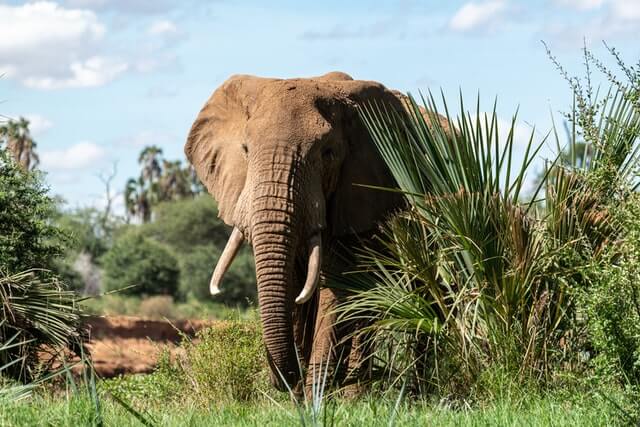Humans have reduced world’s wildlife by two-thirds since 1970 – WWF

The World Wildlife fund has warned in a report released on 9 September that human activity has wiped out 68% of wildlife population since 1970.
The WWF’s most recent report gives a stark warning about humanity’s impact on biodiversity. According to the 2020 Living Planet Report, the number of vertebrate animals in the world shrunk by 68% between 1970 and 2016. Human activity is largely responsible for such numbers. The destruction of natural habitats for the benefit of human activities such as industrial agriculture is of course to blame, but over-exploitation of resources and global warming are also responsible for such numbers.
A wildlife database
These statistics were calculated thanks to the Living Planet index which was created by the WWF in 1997. The Index calculates fluctuations in the populations of vertebrate animals thanks to a database which includes almost 21,000 different species amongst birds, mammals, fish, reptiles and amphibians.
Amongst its many environmental initiatives, the Prince Albert II of Monaco Foundation promotes Human-wildlife cohabitation. The foundation funds, for instance, a WWF initiative for the conservation of the Amur tiger on the Sino-Russian border as well as a program to help farmers in Tanzania adapt their practices to the habits of elephants as well as a turtle-conservation initiative in Mozambique.
An initiative to promote the biodiversity of the Côte d’Azur
On 10 September, the Prince Albert II of Monaco Foundation launched an initiative to promote “the peaceful cohabitation between human and wildlife” in the Provence-Alpes-Côte-d’Azur-region. Projects will have to focus on the preservation of local species, such as wolves, ibexes, mouflons, foxes and chamois. Shortlisted projects will be awarded 10,000 euros. Applications close on 30 October 2020










